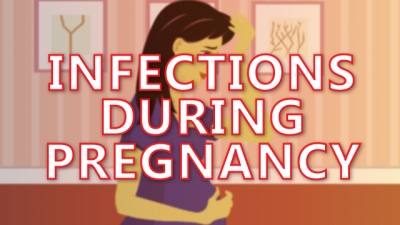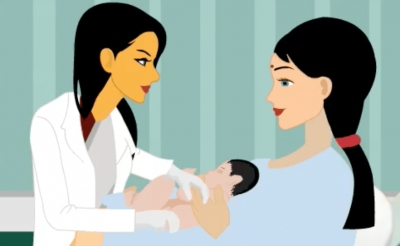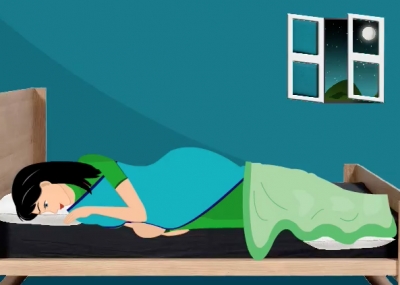Apart from Rubella, other viruses like Zika can also cause some malformations in the baby.
Chickenpox infection during pregnancy can also be dangerous. Most women are immune to the virus as they would have already contracted it when they were kids, but if you have never had the infection before and if anyone in your family has chickenpox when you are pregnant, please contact your doctor. The doctor may do a blood test to find out if you are immune to the infection.
CMV ( Cytomegalovirus) Infection can be dangerous during pregnancy as it can cause problems for unborn babies, such as hearing loss, visual impairment or blindness, learning difficulties and epilepsy.
Cat faeces may contain toxoplasma – an organism that causes Toxoplasmosis.
Hepatitis B is a virus that infects the liver. Many people with hepatitis B will show no sign of illness, but they can be carriers and may infect others. The virus is spread by having sex with an infected person without using a condom, and by direct contact with infected blood. If you have hepatitis B or are infected during pregnancy, you can pass the infection on to your baby at birth.
All pregnant women are offered a blood test for hepatitis B as part of their antenatal care. Babies who are at risk should be given the hepatitis B vaccine at birth to prevent infection and serious liver disease later on in life.






